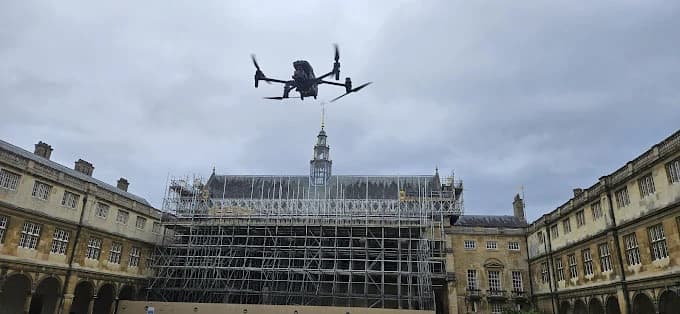
One of the most common questions I get asked is what my drone can actually see. You've probably never considered that a drone hovering outside your window could be peering into your living room.
Yet, I can tell you that today's consumer drones equipped with high-resolution cameras pose a genuine privacy concern for homeowners.
While you're relaxing in your brightly lit space, these drones might capture more than just exterior footage. The question isn't just whether drones can see inside your house—it's what you can do to protect yourself.
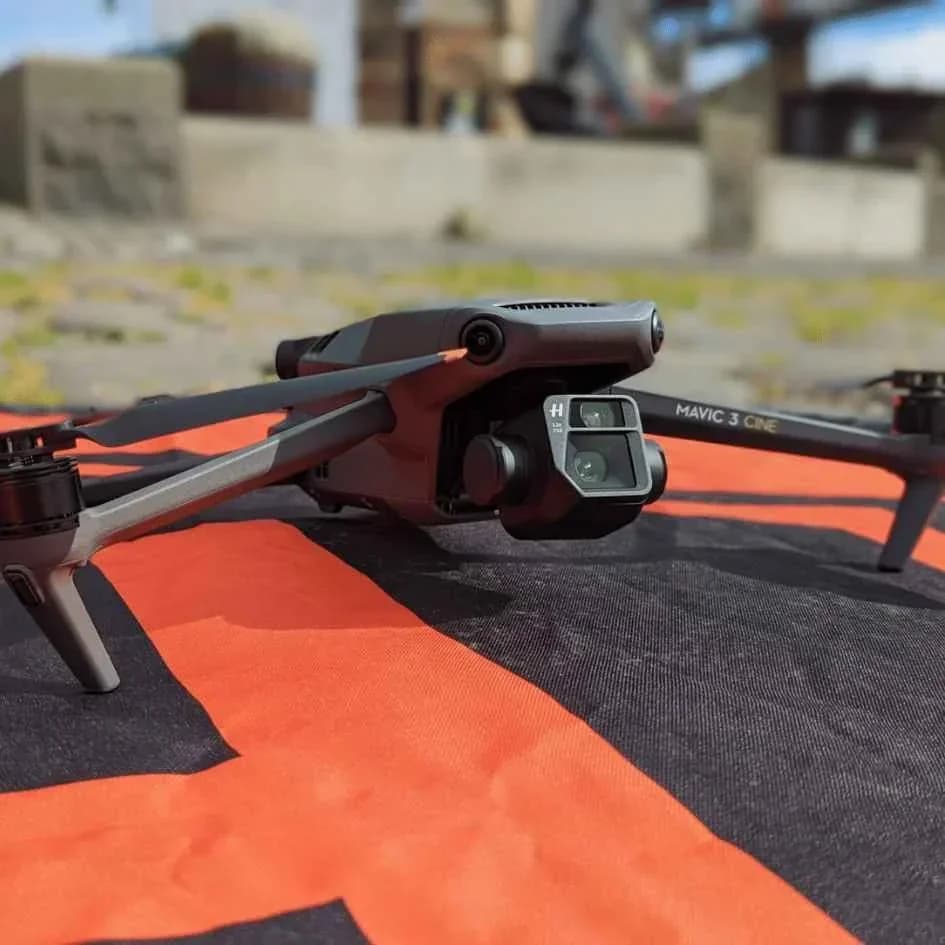
30 Second Summary
- Drones with 4K cameras can capture clear footage through clean windows, especially in good lighting conditions
- Interior lights at night create a "fishbowl effect" allowing drones to see inside even when you can't see them outside
- Window treatments like blinds, curtains, and privacy films effectively block drone surveillance regardless of camera technology
- UK laws prohibit drones from filming inside private homes without consent, with potential fines and prosecution
- Advanced drones with optical zoom and thermal imaging capabilities can monitor homes from hundreds of feet away undetected
Consumer drones can sometimes capture images through windows, especially in good lighting conditions
Many consumer drones equipped with cameras can indeed capture images through windows of your home under the right conditions. When sunlight is bright outside but dim inside, your windows become more transparent to external viewers. This creates an ideal scenario for drone cameras to peer inside.
From my experience, the biggest obstacle from the air is glare.
If the sun is reflecting off the glass, it's almost impossible to see inside. But on an overcast day, or if the drone is positioned at just the right angle to avoid reflections, a modern 4K camera can get a surprisingly clear view.
The quality of these images depends on several factors: the drone's camera resolution, distance from your window, angle of approach, and any window treatments you have. Modern drones with 4K cameras can capture surprisingly clear footage through clean, unobstructed windows.
To protect your privacy, consider using window films, blinds, or curtains. You might also position valuable items away from windows. Remember that while drones can see inside, their ability is limited by physical and technical constraints.
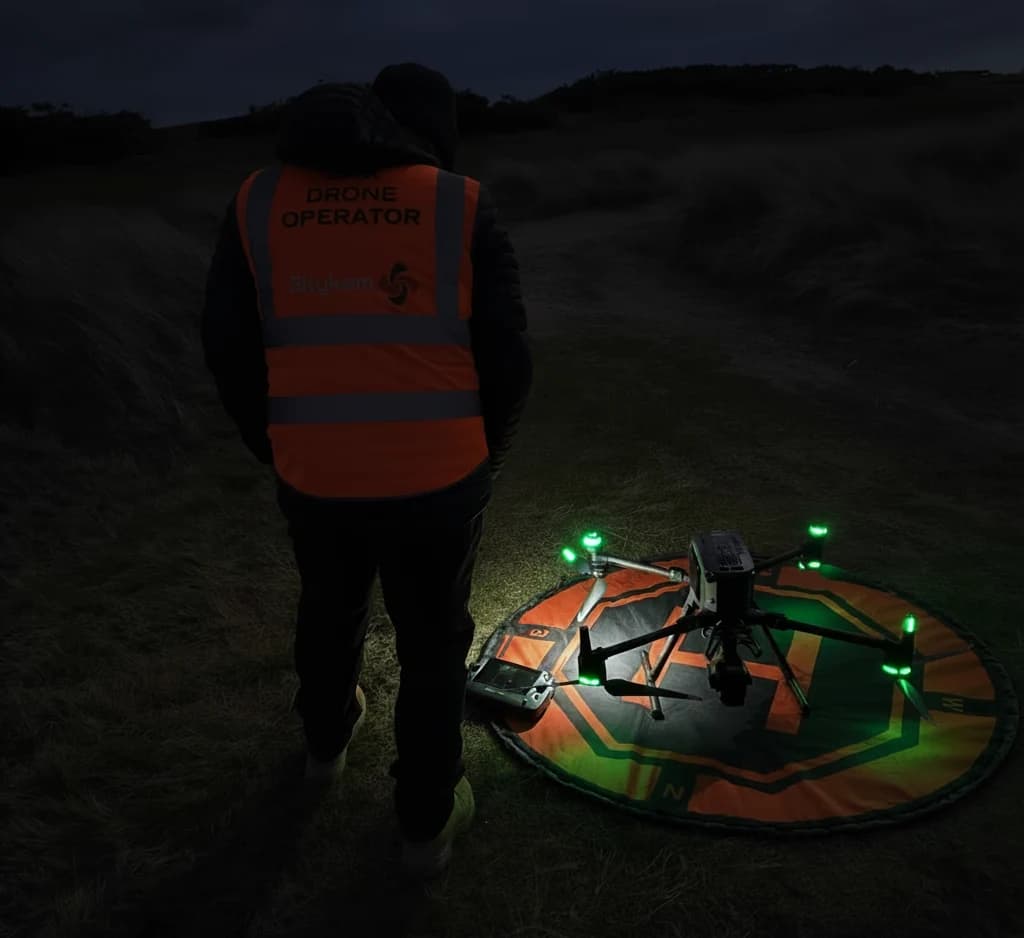
Bright interior lighting at night makes it easier for drones to see inside through windows
At night, the tables turn dramatically for your home's privacy. When your interior lights are on while it's dark outside, you've created an ideal scenario for drone surveillance.
From the drone pilot's perspective, looking at our controller screen, a lit room at night is like a television.
The darkness outside the window frames the scene perfectly, making it incredibly easy to see everything happening inside without any of the daytime issues like glare. This contrast between your well-lit rooms and the dark exterior creates a fishbowl effect, making your windows function like screens displaying your private life.
This lighting imbalance eliminates the reflective properties that normally help protect your privacy during daylight hours.
A drone hovering outside can capture clear footage of your activities, furniture arrangement, and valuables. The drone's camera doesn't even need to be particularly sophisticated—standard consumer models can effectively see inside brightly lit rooms at night. To protect yourself, consider using blinds, curtains, or privacy film on windows, especially in rooms where you spend evening hours.

Some drones have zoom or thermal imaging capabilities that can enhance indoor visibility
While standard consumer drones pose privacy concerns, advanced models equipped with specialized cameras represent a more serious threat to your home's privacy.
In my line of work, I've operated drones with these advanced payloads. The level of detail from a high-powered zoom lens is staggering; you can read a number plate from over half a mile away.
Some high-end drones feature optical zoom capabilities that can magnify distant objects up to 30x, potentially capturing clear images through your windows from hundreds of feet away. Even more concerning are drones with thermal imaging technology.
These can detect heat signatures through certain building materials, allowing drone pilots to "see" human figures, pets, and even electronic devices inside your home regardless of lighting conditions.
Law enforcement and professional security drones often utilize FLIR (Forward Looking Infrared) cameras that can identify temperature differences as small as 0.05°C, creating detailed thermal maps of your home's interior without ever needing to see through windows.
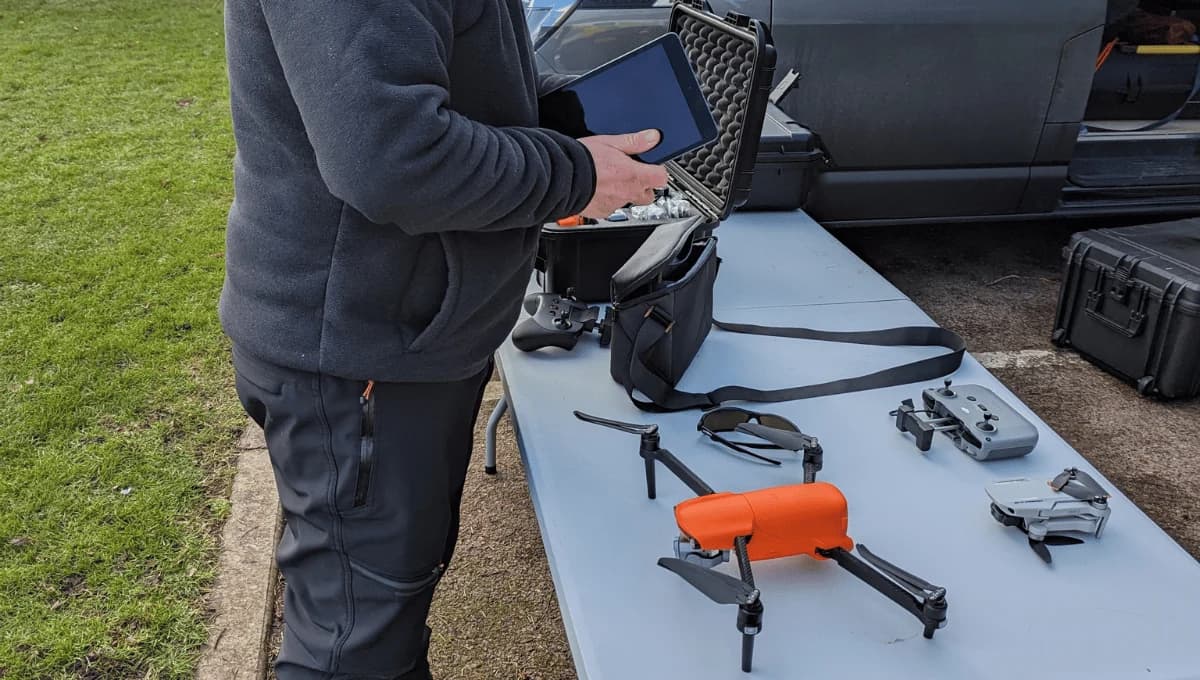
UK privacy and data protection laws prohibit drones from filming inside private homes without consent
In the United Kingdom, residents enjoy significant legal protections against drone surveillance of their homes.
As part of my GVC certification, the rules around privacy were a major component of the training. We are taught that the camera is a data-gathering tool, and respecting the privacy of individuals is paramount.
Flying close to properties without a valid reason isn't just bad practice; it's a breach of the regulations we are licensed to uphold. The Data Protection Act 2018 and UK GDPR restrict the collection of personal data, including images of you or your property, without legitimate grounds or consent.
If you discover a drone filming your home's interior, you're protected by several laws. The Civil Aviation Authority's Drone Code explicitly forbids drone operators from invading privacy, while the Regulation of Investigatory Powers Act makes unauthorized surveillance illegal.
You can report privacy violations to the Information Commissioner's Office, which investigates and can impose substantial fines. Police may also prosecute drone operators under harassment or voyeurism statutes if they deliberately record through windows or private areas of your home.
These protections ensure your home remains a sanctuary from unwanted aerial intrusion. While these laws provide a strong safety net, the most immediate control you have is over your own property.
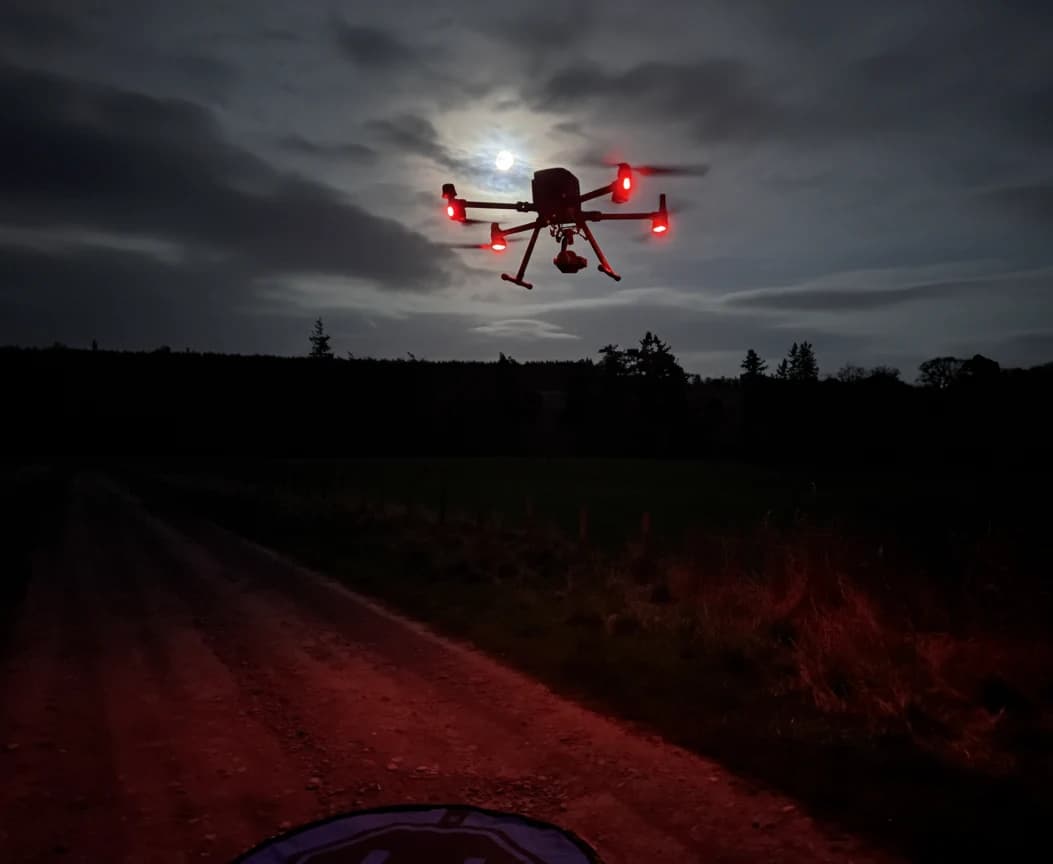
Closing blinds, using curtains, or applying window films can block a drone’s view into your home.
Simple physical barriers provide your first line of defense against drone surveillance.
From the air, there is no ambiguity: a closed blind or a drawn curtain is a complete visual barrier. It's the single most effective countermeasure a homeowner can take, and as drone pilots, we see it as a clear signal that the residents require privacy.
Closing your blinds or drawing curtains immediately blocks any visual access from outside. For maximum protection, consider installing blackout curtains that completely eliminate light transmission.
Window films offer a more permanent solution while still allowing natural light. Privacy films come in various opacities and can prevent outside viewing while letting sunshine in.
Reflective films work particularly well during daylight hours by bouncing back light. For tech-savvy homeowners, smart blinds can be programmed to close automatically at certain times or when you're away.
You'll also want to pay attention to skylights and second-story windows that might be more accessible to drones hovering above your property. Remember that while physical barriers are effective regardless of how sophisticated the drone's camera technology might be.
A Comparison Table of Privacy Solutions
Method | Pros | Cons |
|---|---|---|
Curtains/Blinds | Easy to install; adjustable. | Blocks natural light; must be manually closed. |
Privacy Film | Lets light in; always active ("set and forget"). | Can be tricky to apply without bubbles; less flexible than blinds. |
Smart Glass | Instantly switchable from clear to opaque; modern aesthetic. | Extremely expensive; requires professional installation and power. |
Landscaping | Aesthetically pleasing; eco-friendly. | Takes time to grow; may not cover upper-story windows; seasonal effectiveness. |
Frequently Asked Questions
Can Police Drones Legally See Inside My Home Without a Warrant?
No. In the UK, police use of drones for surveillance is governed by strict legal frameworks, including the Regulation of Investigatory Powers Act 2000 (RIPA).
Using a drone to deliberately see inside your home would be considered intrusive surveillance and would require a specific warrant from a judge. Warrantless drone surveillance of your home's interior would be a significant breach of your right to a private life under the Human Rights Act 1998.
How Far Away Can a Drone Detect Movement Through Windows?
Drones can detect movement through windows from 50-100 feet away using standard cameras, or further with specialized thermal or infrared sensors. You'll be more visible at night with interior lights on.
Newer drones with high-resolution cameras might spot you from several hundred feet away. Drawing curtains, using privacy film on windows, or installing smart glass significantly reduces your visibility to passing drones.
Do Drone Cameras Work Differently at Night Versus Daytime?
Yes, drone cameras work differently at night versus daytime. During daylight, they use standard optical sensors that capture visible light, giving you clear, colorful images.
At night, they rely on thermal imaging or infrared technology to detect heat signatures rather than visible details. Some advanced drones switch between these modes automatically.
Night vision typically offers less resolution and detail than daytime footage, but can still effectively track movement and heat sources.
Can Drones Hear Conversations Through Walls or Windows?
No, drones typically can't hear conversations through walls or windows. Consumer drones aren't equipped with advanced audio surveillance technology that can penetrate solid barriers.
While some specialized drones might have directional microphones, they're limited by physics—sound waves lose energy passing through solid surfaces. Your conversations inside your home are generally safe from standard drone eavesdropping.
However, conversations near open windows might be captured if a drone hovers very close by.
What Penalties Exist for Drone Operators Who Violate Privacy Laws?
In the UK, penalties can be severe. The Civil Aviation Authority (CAA) can issue fines or even revoke a drone pilot's operational authorisation for breaching flight safety or privacy regulations.
For data breaches, the Information Commissioner's Office (ICO) can impose substantial fines, potentially up to £17.5 million.
Furthermore, the police could bring criminal charges for offences such as harassment or voyeurism, which can lead to further fines or even imprisonment.
Conclusion
As a professional drone pilot, I believe in the incredible potential of drone technology, but I also advocate for responsible and ethical operation.
Drone cameras that can peer through windows put your home's privacy at risk, especially at night when interior lights are on.
While UK law protects you from unauthorized filming, don't rely solely on legal safeguards. Take proactive measures by installing blinds, curtains, or window films to block unwanted views.
These simple steps will help you maintain your privacy and help foster public trust in a technology that relies on all drone operators respecting the people below.
About the Author

Written by
Peter Leslie
Peter Leslie is a CAA-approved commercial drone pilot with 10+ years experience and over 10,000 flight hours. He holds the GVC and A2 CofC drone licences with full CAA Operational Authorisation. Peter is a member of ARPAS-UK, the UK's non-profit trade association for the drone industry. He founded HireDronePilot to connect UK businesses with qualified, insured drone operators.
Looking for More Drone Work?
Join the UK's leading network of professional drone pilots and grow your business.
Open Access
Bid on any job - all jobs open to all pilots
Grow Revenue
Access high-value commercial projects
Stay Busy
Fill your schedule with regular work
Related Articles
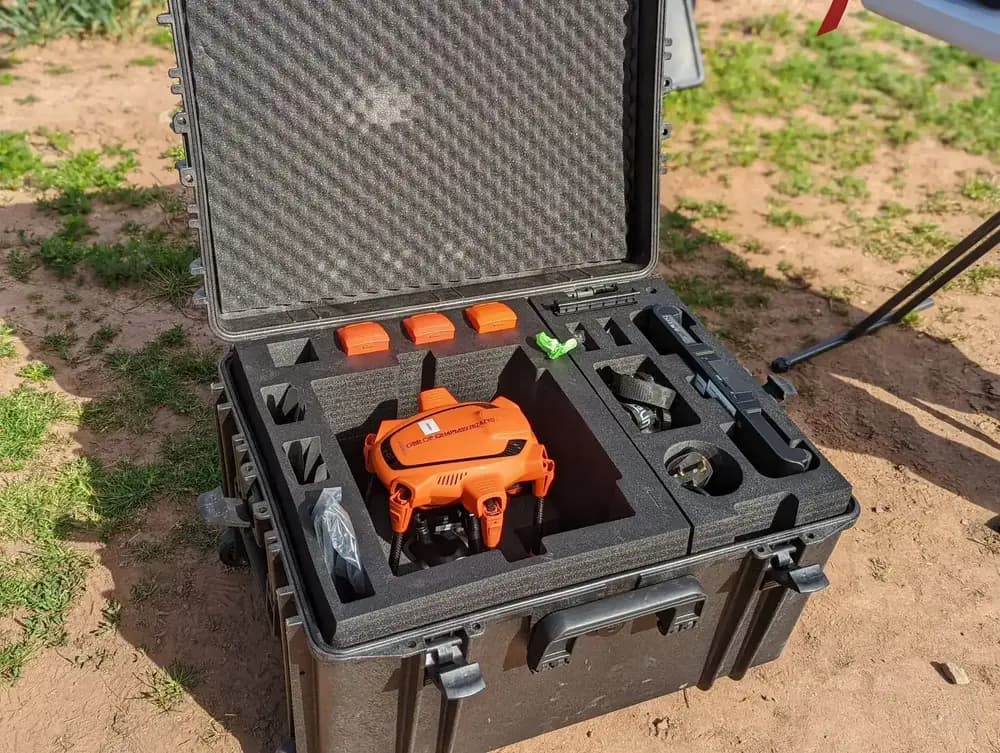
Our Drone Survey Service In Stirling, Scotland
Bringing you Stirling drone survey data from areas no one else can fly.

How Much Does A Drone LiDAR Survey Cost
Forecasting your drone LiDAR survey cost requires understanding what's hidden beyond the initial quote.
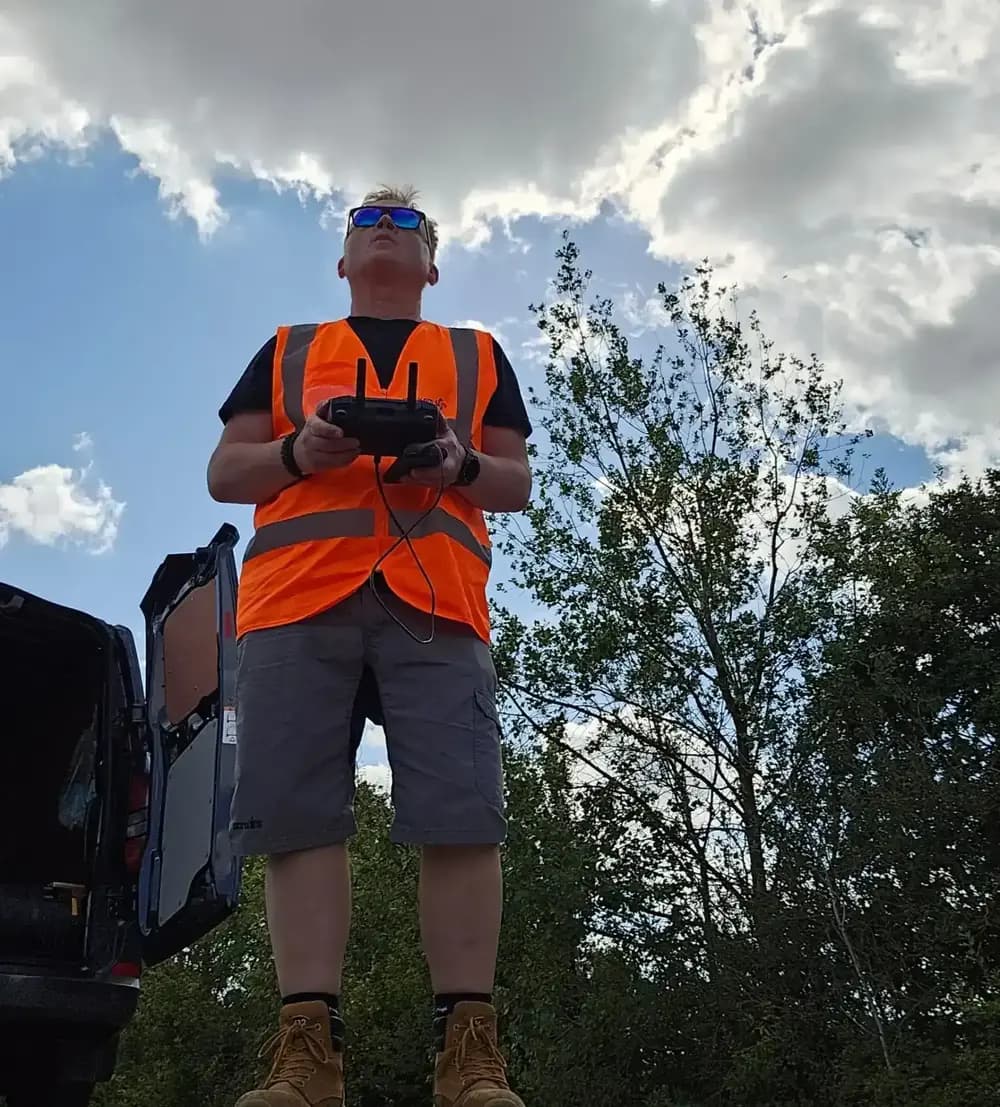
Step By Step Process Of Drone LiDAR Survey
Next, discover the crucial post-flight steps that determine your survey's success.
